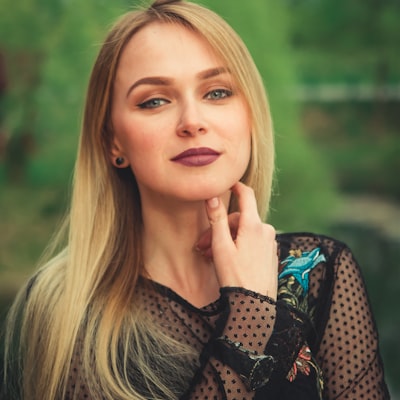Five fascinating realities about The history of champagne

How did champagne get its name?
The word "champagne" is obtained from the Latin word "campania" and the French word "champaigne". The Latin word "campania" implies "open country", while the French word "champaigne" implies "field". The word "champagne" first appeared in print in the early 17th century. It is thought that the word "champagne" was initially utilized to describe the shimmering wine produced in the Champagne region of France. The word "champagne" has actually been utilized to describe champagne from other regions of the world, such as Italy, Spain, and Australia.
How did champagne end up being the drink of option for celebrations?
The first tape-recorded usage of champagne as a celebratory drink was in 1697, when the Duke of Vend�me and his soldiers were provided the white wine after a success in the War of Devolution. In the early 18th century, champagne was introduced to the British court, where it ended up being popular among the upper class.
How did champagne end up being the drink of option for events?
The very first taped usage of champagne as a celebratory drink was in the early 1600s. At the time, champagne was a recently developed champagne from the Champagne area of France. It was at first just taken in by the upper class, however its appeal soon spread. By the mid-1700s, champagne was being used to commemorate all sorts of unique events, including births, wedding events, and victories in battle.
Champagne ended up being even more popular in the 1800s, thanks in part to the British royal household. Queen Victoria was a big fan of champagne, and she typically consumed it at public occasions.
Today, champagne is still the drink of choice for numerous special occasions. It is often viewed as a sign of luxury and success. Whether you're popping champagne to celebrate a birthday, a new job, or just an excellent day, there's no better method to include a touch of class to your event.
How did champagne become the beverage of choice for events?
The word "champagne" is originated from the Latin word "campania" and the French word "champaigne." The first recorded usage of the word "champagne" was in the early 13th century. Champagne was initially an area in northeastern France. The very first taped use of the word in reference to the shimmering wine we now referred to as champagne remained in the early 17th century.
https://creaturesincrisis.org/?p=757 The first champagne was made in the Champagne region of France in the early 17th century. The red wine was made by including sugar and yeast to still white wine. The red wine was then bottled and the yeast continued to ferment, creating carbon dioxide. The co2 was trapped in the bottle, providing the red wine its signature bubbles.
The very first taped usage of champagne as a toast was at the wedding event of Louis XIV and Maria Theresa in 1660. Ever since, champagne has actually been related to celebrations and unique events.
There are a couple of theories as to how champagne ended up being the beverage of choice for celebrations. One theory is that it was because of its association with royalty and the upper class. Due to the fact that champagne is festive and makes people feel happy, another theory is that it is.
Whatever the reason, champagne has actually ended up being a sign of event and is often related to pleased events, such as weddings, New Year's Eve, and birthdays.
How did champagne end up being the drink of option for New Year's Eve?
The custom of drinking champagne on New Year's Eve is believed to have begun in the early 1800s. At that time, the French region of Champagne was the only place in the world where champagne was produced. The champagne was a symbol of luxury and wealth, and it became related to New Year's Eve celebrations.
In the early 1900s, champagne ended up being more commonly readily available as production increased in other parts of the world. Due to the fact that it was seen as a special and festive event, it ended up being the beverage of option for New Year's Eve.
Nowadays, champagne is still seen as an elegant drink, and it is typically given as a present on New Year's Eve. Because it can be taken pleasure in by people of all ages, it is also popular.
